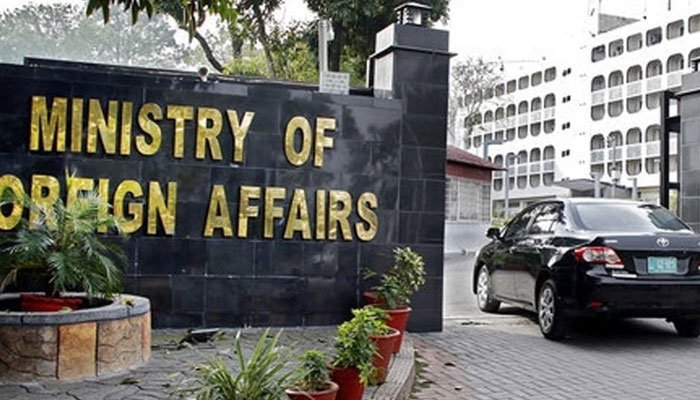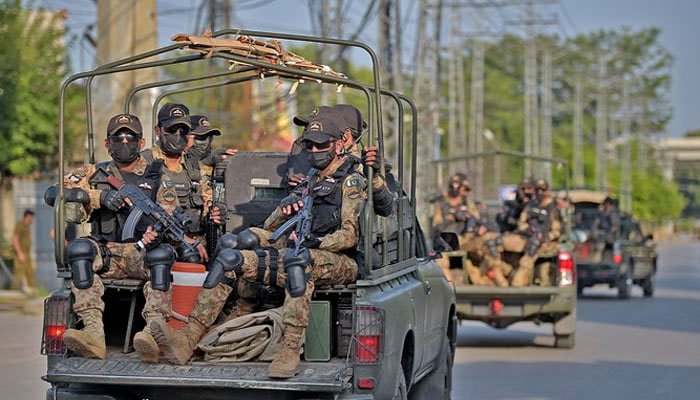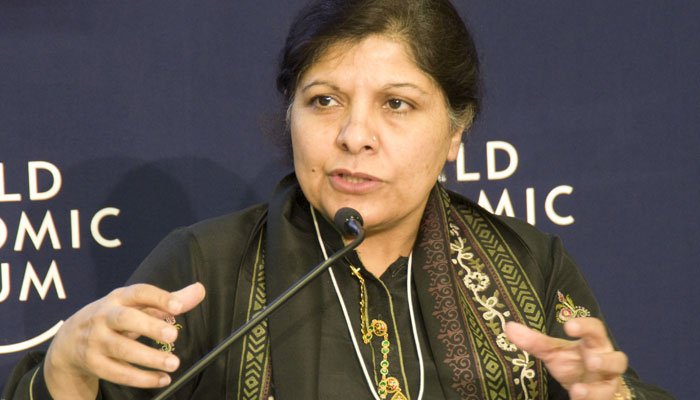Pakistan Army’s strong and decisive retaliatory strikes have left the Afghan Taliban in a state of panic.
Pakistan Announces 48-Hour Ceasefire on ‘Afghan Govt’s Request’. Pakistan has agreed to a 48-hour ceasefire with the Afghan Taliban regime following a formal request from Kabul, the Ministry of Foreign Affairs (MoFA) announced on Wednesday.
Earlier, during deadly clashes, 200 Taliban militants were killed, while 23 Pakistani soldiers were martyred.
The ceasefire, which began at 6 PM today, was agreed upon with mutual consent and aims to create space for constructive dialogue. Both sides have committed to seeking a positive and sustainable resolution to the ongoing cross-border crisis.
Precision Strikes in Kandahar
The ceasefire comes on the heels of major retaliatory strikes by the Pakistan Army on Taliban strongholds in Kandahar province. Security sources reported that Taliban Battalion No. 4 and Border Brigade No. 6 were completely destroyed. The strikes reportedly killed dozens of Taliban fighters and foreign operatives.
Officials emphasized that Pakistan’s armed forces have the full capability to respond effectively to any external threat and will continue to defend the nation’s borders with strength and resolve.
Taliban in Disarray, Resorting to Propaganda
According to security sources, Pakistan’s swift response left the Afghan Taliban in a state of panic. Facing heavy losses, Taliban fighters allegedly resorted to false propaganda to mislead the public and downplay their defeat.
In one incident, a Taliban spokesperson claimed to have captured a Pakistani T-55 tank. However, sources clarified the tank shown in the footage actually belongs to the Taliban themselves.
Sources also confirmed that recent strikes targeted the leadership of Fitna al-Hindustan in Kabul.
Infiltration Foiled in Mohmand District
At the same time, militants attempted to infiltrate Pakistan through the Turkmenzai border area in KP’s Mohmand district. Pakistani forces responded swiftly, killing at least 30 militants and foiling the attack. Security sources linked the infiltration to Afghan Taliban support and cooperation with Fitna al-Khawarij, a banned militant faction.
The operation remains ongoing, with additional militant casualties expected.
Attack on Spin Boldak Repelled
In the early hours of October 15, Afghan Taliban fighters launched an unprovoked attack in the Spin Boldak area of Balochistan. The Inter-Services Public Relations (ISPR) said Pakistani forces repelled the assault, killing 15–20 Taliban fighters and injuring many others.
During the attack, the Taliban destroyed the Pak-Afghan Friendship Gate on their side of the border. ISPR said the act reflected a hostile mindset towards mutual trade and cross-border tribal relations.
According to the military, the attack was not isolated. On the night of October 14–15, Taliban and Fitna al-Khawarij militants attempted coordinated attacks on Pakistani border posts in the Kurram sector, KP. The Pakistan Army destroyed eight enemy posts, including six tanks, and killed 25–30 fighters in a proportionate yet effective response.
Tensions at an All-Time High
Pakistan and Afghanistan continue to face escalating tensions, primarily over Kabul’s reluctance to act against terrorist groups operating from its soil, especially the Tehrik-i-Taliban Pakistan (TTP).
Since the Taliban’s return to power in 2021, cross-border attacks have surged, particularly in KP and Balochistan. Pakistan has repeatedly urged the Afghan regime to prevent groups like the TTP from launching operations against Pakistani targets.
A recent report submitted to the UN Security Council by the Analytical Support and Sanctions Monitoring Team validated Islamabad’s concerns. The report revealed an operational nexus between the Taliban regime and the TTP, including logistical, financial, and strategic support.
Ongoing Afghan Repatriation
Alongside security concerns, Pakistan continues to repatriate undocumented Afghan nationals under its Illegal Foreigners Repatriation Plan. Since April 2025, over 554,000 Afghans have returned voluntarily or were deported, including 145,000 in August alone.
Pakistan has hosted Afghan refugees for more than four decades — from the Soviet invasion to the Taliban’s recent takeover — and continues to balance humanitarian concerns with national security.





